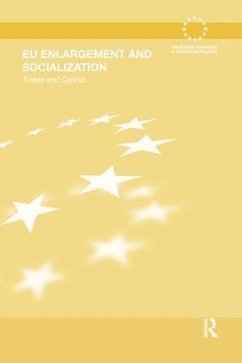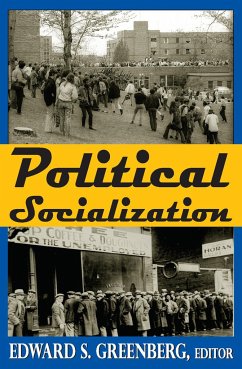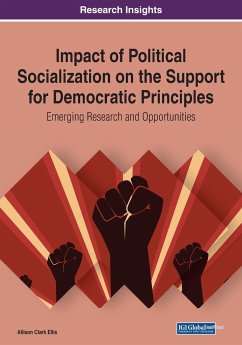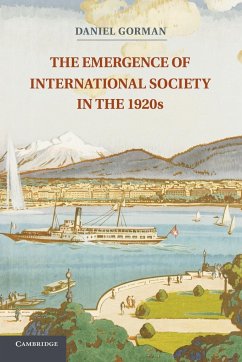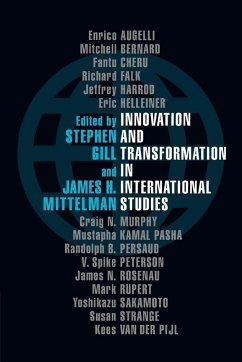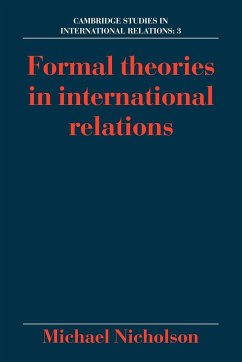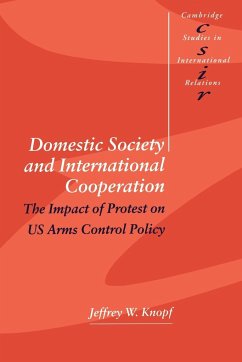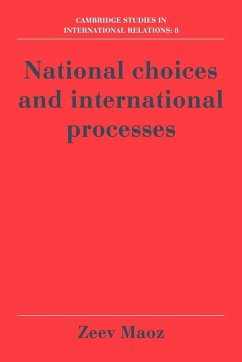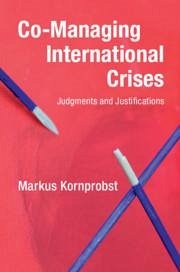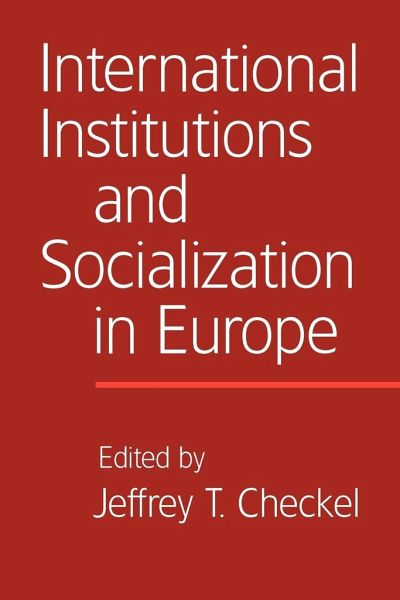
International Institutions and Socialization in Europe

PAYBACK Punkte
18 °P sammeln!
Since the path-breaking work of Karl Deutsch on security communities and Ernst Haas on European integration, it has been clear that international institutions may create senses of community and belonging beyond the nation state. Put differently, they can socialize. Yet the mechanisms underlying such dynamics have been unclear. This volume explores these mechanisms of international community building, from a resolutely eclectic stand point. Rationalism is thus the social theory of choice for some contributors, while others are more comfortable with social constructivism. This problem-driven per...
Since the path-breaking work of Karl Deutsch on security communities and Ernst Haas on European integration, it has been clear that international institutions may create senses of community and belonging beyond the nation state. Put differently, they can socialize. Yet the mechanisms underlying such dynamics have been unclear. This volume explores these mechanisms of international community building, from a resolutely eclectic stand point. Rationalism is thus the social theory of choice for some contributors, while others are more comfortable with social constructivism. This problem-driven perspective and the theoretical bridge building it are the cutting edge in international relations theory. By providing more fined-grained arguments on precisely how international institutions matter, such an approach sheds crucial light on the complex relationship between states and institutions, between rational choice and social constructivism, and, in our case, between Europe and the nation state.





